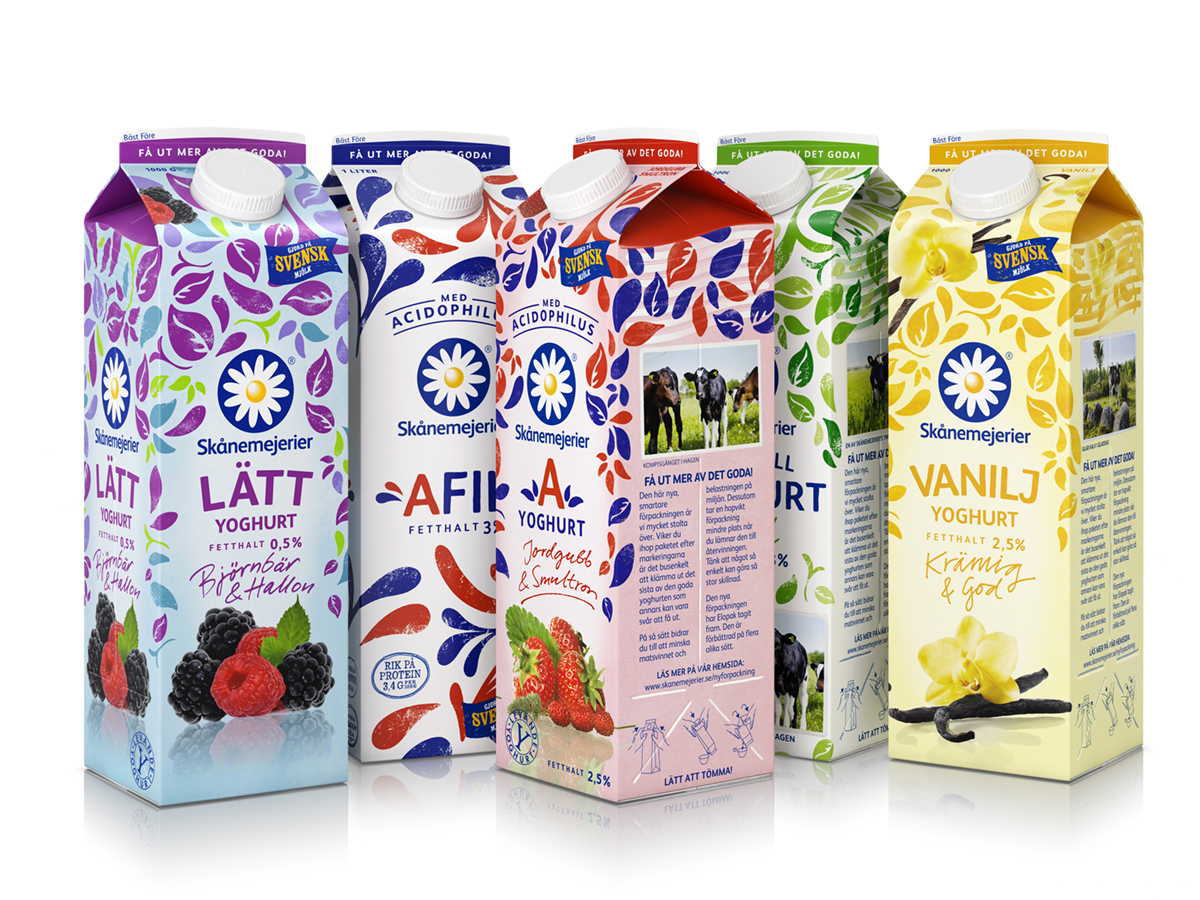
What is Candidiasis?
Candidiasis is a growing problem due to greater use of highly processed foods and foods with sugar added. It is usually caused by fungus Candida albicans, which is normally present in the digestive system, and only a few percent of infections are caused by Candida glabrata.Finding of Candida albicans elsewhere in the body, except in the digestive tract is a pathological condition and must be treated with medications. However, as this fungus normally inhabits the digestive system, its excessive accumulation in the intestine requires treatment by dietotherapy.
This medical condition usually occurs in people who have overused the antibiotics or have used very strong antibiotics, people with weakened immune systems, those to whom have been given corticosteroids or suffering from diabetes, pregnant women, and people who eat a lot of candies or food that contains plenty of yeasts.
Nutrition for Candida Infection
Anti-Candida diet can be applied alone, and rarely with antifungal remedies added. Improvement occurs after only a few weeks from introducing proper nutrition, but it is necessary to continue with the diet for at least two months and food that have been shunned should be introduced gradually.Use of sugars (white sugar, brown sugar, fructose, honey, molasses, mannitol, sorbitol, etc.) and all sweetened foods and meals (cakes, pastries, sweets, desserts, carbonated drinks, fruit juices, unless they are made with sugar substitutes - saccharin or aspartame) is strictly prohibited. Therefore, the ingredients should be carefully checked on food declarations.
Taking of 1 - 2 fresh fruits daily (except very sweet fruits such as grapes, watermelon and mango) is allowed, except dried fruits, sweetened fruit juices, preserved fruits and melons.
Foods made from white flour (white bread and biscuits, cakes, cookies, pasta), white rice and peeled potatoes should be avoided. Whole grain wheat flour, potato with shell, brown rice, integral pasta and whole grains should be consumed in moderate amounts.
Food that contains yeast such as bakers and brewers yeast, bakery products with yeast, mature and moldy cheeses should be completely expelled from the diet. Mushrooms and peanuts should also be out.
Dairy products should not be avoided, unless there is an allergy to them. Yogurt and Acidophilus beverages have the advantage over milk and cheese.
Vinegar, mayonnaise, mustard, salad dressings, ketchup, soy sauce, pickles and pickled products should be avoided.
Alcohol shouldn’t be used at all, and strong black coffee and tea should be kept to a minimum.
Antibiotics and cortisone-based drugs (if possible) should be avoided during dietotherapy.
Intake of essential oils, especially omega-3 acids (fish oil, marine fish: salmon, mackerel, tuna in oil, sardines in oil, etc.) should be increased. If these foods are not used enough, one should take supplements of omega 3 acids in the form of capsules.
Useful Supplements
1-2 capsules of Lactobacillus Acidophilus (Probiotic capsule for example) a day should be used. It should be taken after breakfast (and after dinner) every day for at least 6 months.Also, flax seeds and four-o'clock (Mirabilis jalapa) oil are very useful supplements in the fight against Candida albicans.
Vitamins A and C, garlic in the form of drops or tablets and zinc and magnesium are also helpful supplements in overcoming fungal infections.




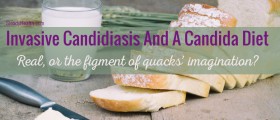
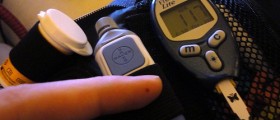
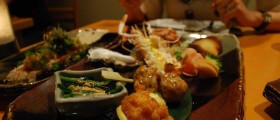
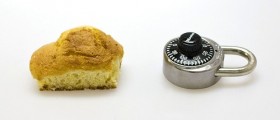
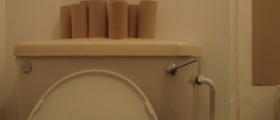
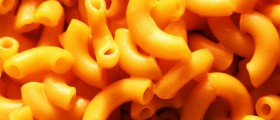

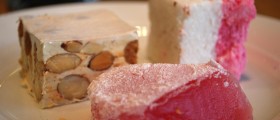


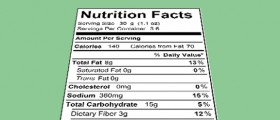


Your thoughts on this
Loading...